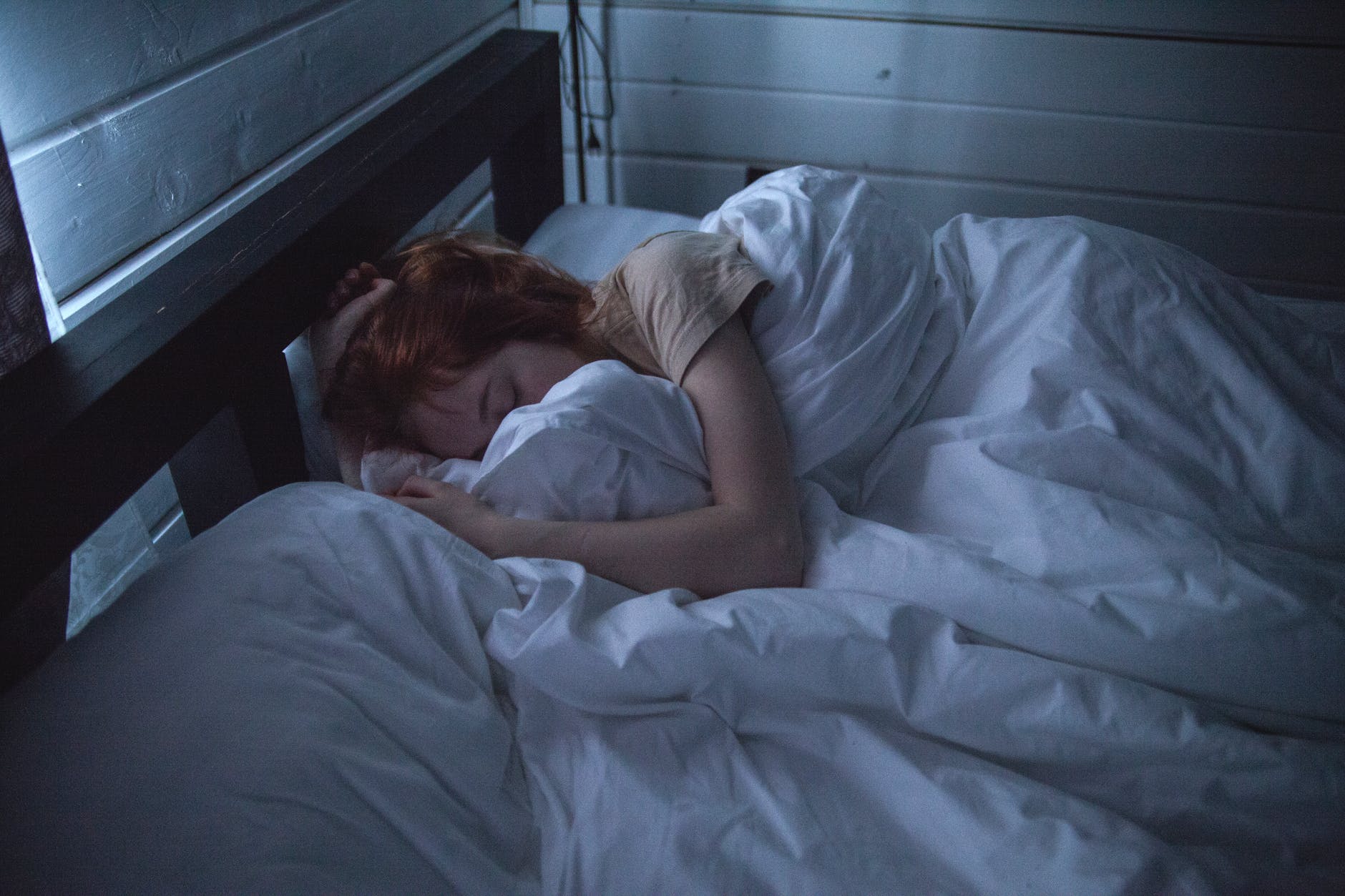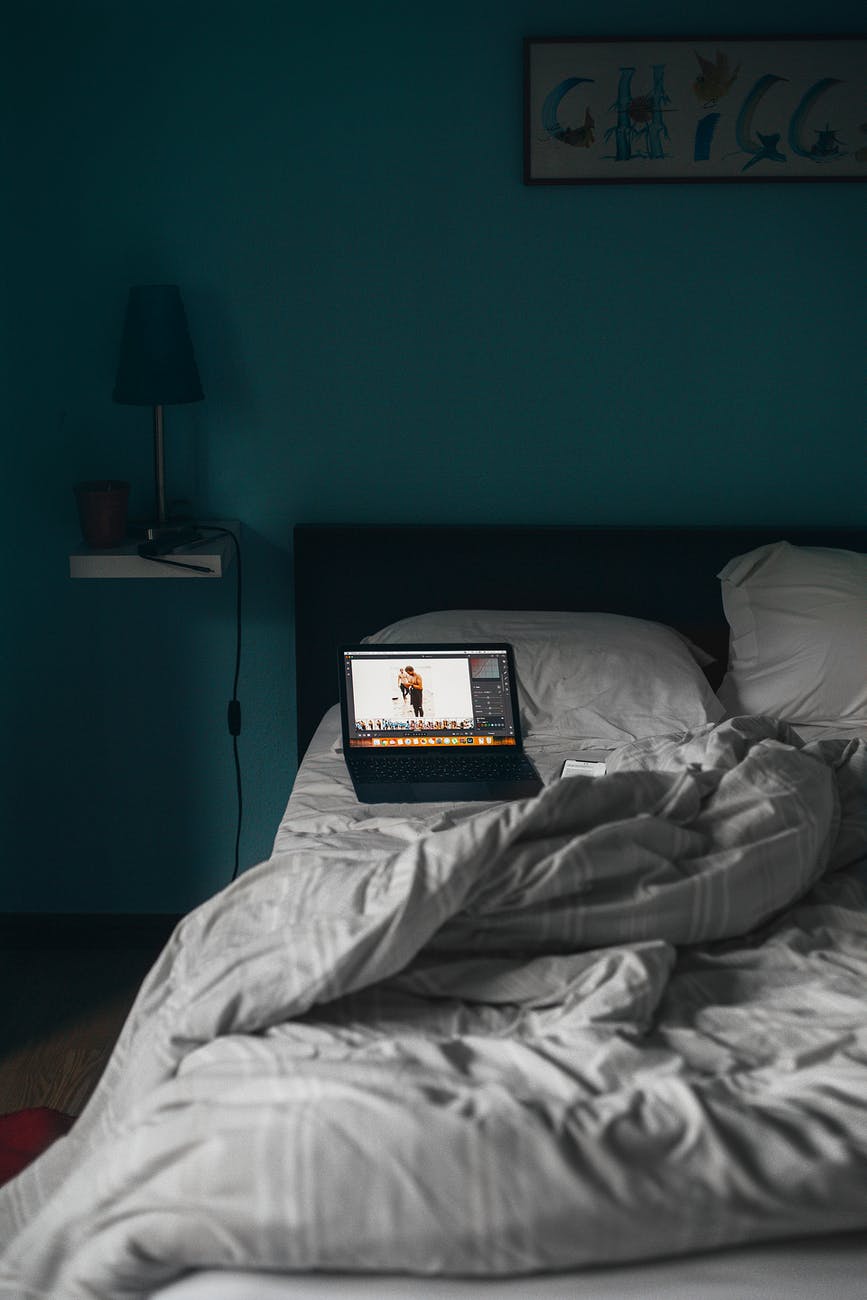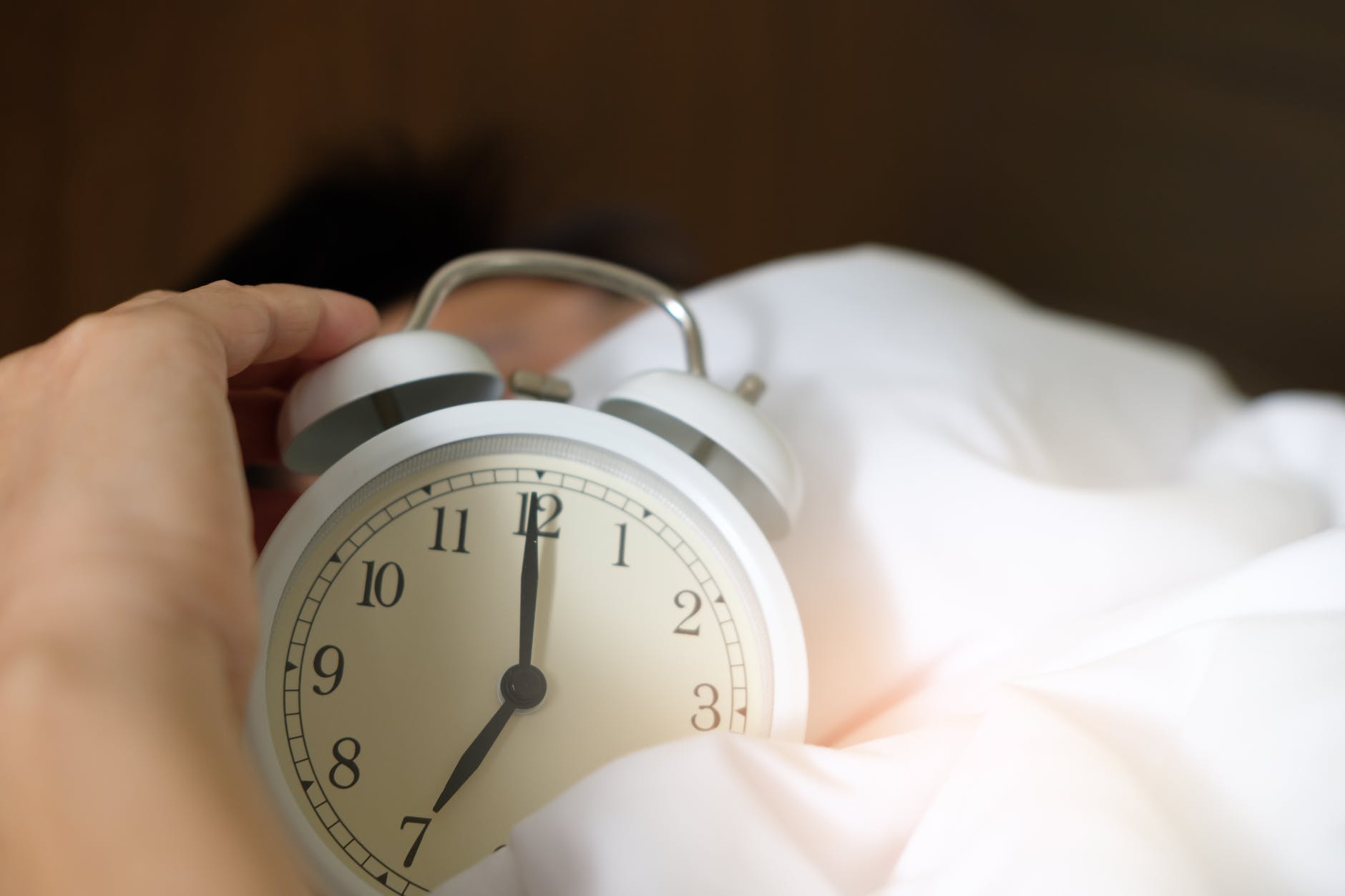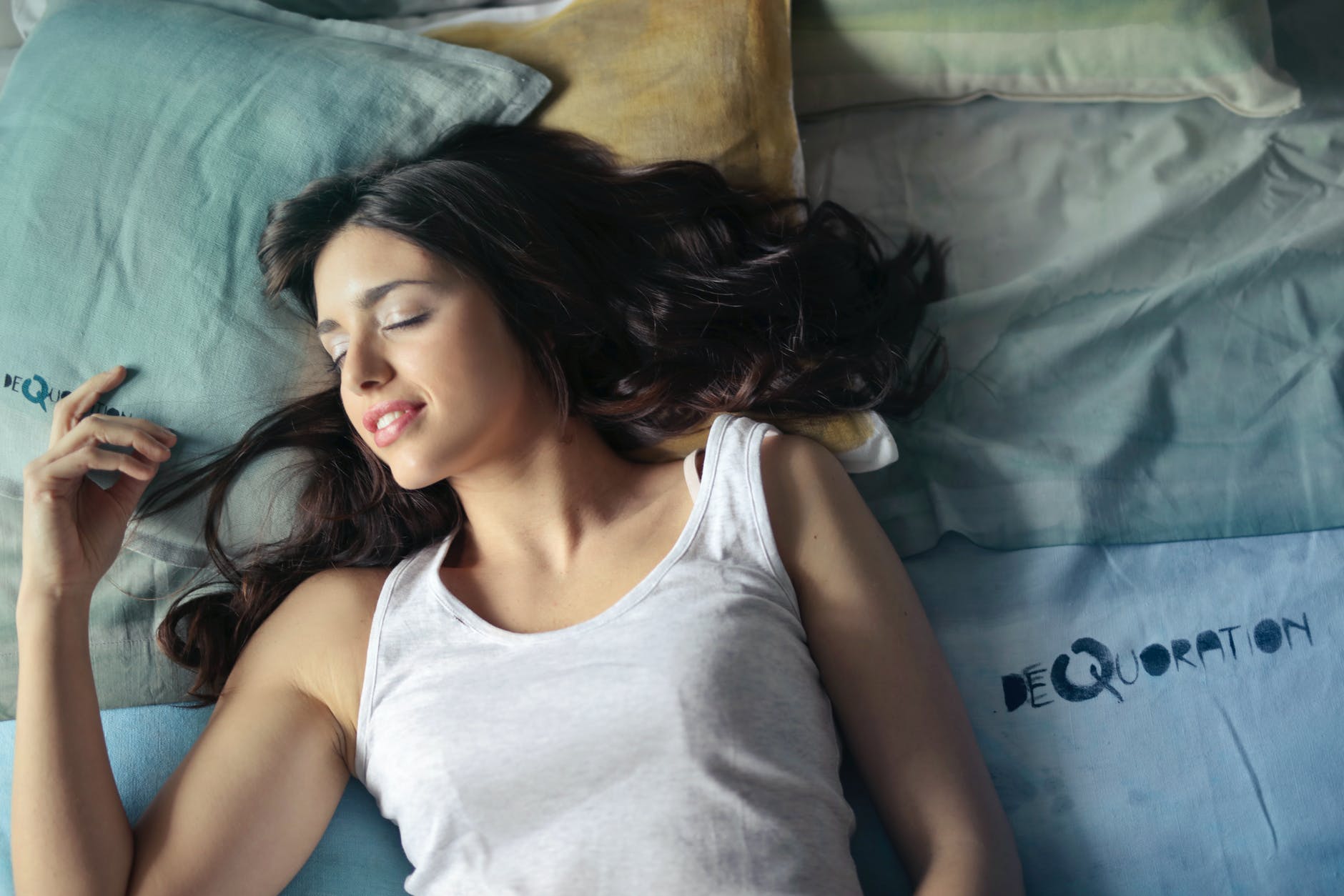Sleep Quality and Mental Health
- angelgrey1969

- Mar 3, 2022
- 5 min read
The brain basis of a mutual relationship between sleep and mental health is not yet completely understood. But neuroimaging and neurochemistry studies suggest that a good night’s sleep helps foster both mental and emotional resilience, while chronic sleep deprivation sets the stage for negative thinking and emotional vulnerability.

Sleep hygiene: taking a soothing bath before bedtime, dressing in light loose clothes, getting a massage, reading a book and meditation are only a handful of the things you can do to get better quality sleep. But we must also take note that many mental health problems are associated with sleeping.
Sleep is the golden chain that ties health and our bodies together.
Sleep plays a vital role in brain function and systemic physiology across many body systems. For example, the link between sleep, eating, and weight loss: What you need to know is that when you improve your sleep, your body produces leptin which fills nutritional gaps that have kept you hungry and brought about overeating. According to the Oxford Dictionary, “leptin is a protein produced by fat cells that is a hormone acting mainly in the regulation of appetite and fat storage.”
And eat supper earlier if you plan on consuming carbs along with micronutrient dense options as well. Avoid greasy, spicy, or MSG heavy foods. Also keep your insulin from spiking in the first part of your day by either fasting until lunch or eating a superfood breakfast of eggs, steak, or salmon, some cooked or raw veggies, avocado, coconut, olives, nuts or seeds, along with healthy fat supplements such as omega-3. If you have to have that smoothie, make it a green smoothie with spinach, berries, protein powder, almond butter, cacao powder, cinnamon, unsweetened almond milk and a half a banana or stevia to make it taste better.

Struggling to give up your smartphone or laptop at night? Here are some ways to ditch screens. First use an alarm clock instead of your phone. The ones with the full shut off dinner are especially helpful. Put that phone in another room so the vibration and notifications are out of earshot. Keep the tv screen out of your bedroom, too, and don’t watch it sooner than 90 minutes prior to sleep. Either have a conversation, meditate, or read a book. Science suggests that you should keep all electronics, including air conditioners, stereos, and laptops at least six feet away from your sleeping self.
True silence is the rest of the mind, and is to the spirit what sleep is to the body, nourishment and refreshment.
The relationship between caffeine intake, mental health, and sleep quality is well known. If you’re wired on caffeine then you can’t get any quality sleep.. Even drinking it on the drive home from work is close enough for it to affect your sleep. Think: curfew. Don’t allow it to be a vicious cycle of sleep deprived so need caffeine then can’t sleep so reach for coffee and over, again. And caffeine, in addition to affecting your nervous system also causes your adrenal glands to produce 2 anti-sleep hormones: adrenaline and cortisol which along with the spike comes a crash. In addition, headaches, lower energy, and lack of focus are also on that downside of caffeine consumption. So don’t get caught on that hamster wheel and limit caffeine.

Is the eight hours of sleep rule a myth? Eight hours is optimal for most people (some can handle fewer, but many require more) but the important thing is to get it covering the quality hours of 10am-2am or aim to fall asleep within a few hours of it getting dark outside. That’s when we get the most beneficial hormone secretions, therefore the most rejuvenating effects occur. Sleeping less than eight hours increases your risk of hypertension and heart disease. And maintain that bedtime schedule and don’t stray from it too often to keep your body rhythms in check. Napping during the day for a brief bit is okay but just don’t do it in your bedroom. Always equate that room as your sleep sanctuary. See below.
The best temperature for getting a solid night of sleep is 60°-68°F. According to Wikipedia, thermoregulation is the ability of an organism to keep its body temperature within certain boundaries, even when the surrounding temperature is very different. It can be a physiological challenge should your room temperature be too high. And the warmer you are can lead to a higher state of arousal and therefore a struggle to fall asleep. A warm bath will have your temperature fall accordingly by the time you hit the sheets. Even cooling pads, pillows, and mattresses will aid your internal thermostat. While its best to sleep barefooted, if you have circulation problems, wear a pair of socks.

Now, how to switch yoursleep position to maintain the integrity of your spine to end back pain, better regulate heart function and blood pressure, and aid in muscular function and healing. Despite snoring and sleep apnea, back sleeping is the safest for the spine and place a pillow under your knees. Ditch the high pillows that cause neck pain, back pain or worse. And make sure your butt is supported and doesn’t sink into an old worn-out mattress. Wash linens weekly in hot water to cut back on dust mites. If you sleep on your stomach, lift a knee up to your hips and get rid of the pillow. Side sleepers do best with a soft pillow between your knees. Again, don’t use too high a pillow. Perhaps choose an orthopedic pillow instead.
Most of us are already aware of the fact that exercise and weight training can help us feel tired enough at the end of the day, fall asleep faster and stay asleep. Getting sunlight and vitamin D is also beneficial to your body clock. Melatonin, valerian, chamomile, and the types of good sleep nutrients (selenium, tryptophan, potassium, magnesium, probiotics and prebiotics, etc.) that you consume also make a difference.
Lastly, making you bedroom a sleep sanctuary with blackout curtains to keep streetlights, neighbors porch lights, or passing car lights at bay, opening the window a crack or having an air purifier, decorating with air purifying plants, limiting alcohol, using a lavender spritz, citrus-scented essential oils, or even playing nature sounds on a timer at least six feet away from your sleeping self can make a world of difference. If silence is more your thing, wear earplugs. My downfall is not having Fido sleep with you. I think he actually calms me as do my cats. But nevertheless, we’re not supposed to allow it.
The best bridge between despair and hope is a good night’s sleep.
These are just a sampling of information I received from attending multiple classes at Pathways Crisis Resource Center in uptown Minneapolis. Those of us that have mental illnesses or are in crisis with a physical illness are triggered by so many things during the day that we need to cherish every moment of peaceful sleep we get to get through a new day with vitality and clarity that a good night’s (longer and more soundly) sleep offers us.
End the day with gratitude. There is someone, somewhere that has less than you.











Comentários